On Aug. 24, one of Hollywood’s most visible young entertainers loaned her spotlight to someone we don’t usually see onstage: a homeless man.
When Miley Cyrus introduced the world to Jesse Helt, it was so he could accept her MTV Video Music Award on behalf of homeless teenagers. In his speech, Helt told millions of viewers, “Though I may have been invisible to you on the streets, I have a lot of the same dreams that brought many of you here tonight.”
In giving Helt a national platform, Cyrus showed the world a problem we often try to avoid seeing. This week’s Torah portion, Ki Teitzei, addresses the inclination to avoid seeing something we don’t want to be responsible for.
In Deuteronomy 22:1-3 we read, “If you see your fellow Israelite’s ox or sheep gone astray, do not ignore it; you must take it back to your peer. … You shall do the same with that person’s ass; you shall do the same with that person’s garment; and so too shall you do with anything that your fellow Israelite loses and you find: you must not remain indifferent.”
We translate the verb l’hitalam literally as “to hide oneself.” Rashi elaborates on these words, explaining that, “you should not cover your eyes and pretend not to see.” This is about more than not paying attention; this is about intentional disregard.
Returning a stray animal or found property is not always easy; the Talmud tells stories about the difficulty of doing as we are commanded in these verses. These days it’s unlikely we’ll encounter a lost sheep, but we may still be tempted to avoid similar responsibilities — to cover our eyes and pretend not to see things that require too much work.
It is almost always easier to hide from responsibility than to accept it; easier to leave it for someone else. Sometimes we can’t find the time. Other times we just don’t want to — it takes too much responsibility. And sometimes we simply can’t be bothered. We have enough to do and worry about, and even though we may recognize the right thing to do — the necessary thing to do — we may be tempted to cover our eyes and pretend not to see, to step over the mess and let someone else clean it up.
And sometimes it’s not apathy, but rather a feeling of helplessness that stymies us. We wonder how we can make a difference, if our efforts will even matter. And so instead of making a difference, we are indifferent. Sometimes we do this because we feel it’s someone else’s problem; we tell ourselves there are other people or groups who are doing the necessary work, so we don’t have to feel responsible.
Which brings us back to Helt. We may cover our eyes and pretend not to see him or the other homeless people in our city. The woman pushing the shopping cart loaded down with all her possessions. The guy on the freeway off-ramp who we ignore by focusing so intensely on the road that we “can’t see” him.
The first step in fighting injustice is to stop pretending that it does not exist. We cannot remain indifferent; as Jews we have a responsibility not to hide.
It is not an easy task. It can be painful to open our eyes and take responsibility. But we can’t ignore problems just because they are too big, or we are too tired, or it’s someone else’s responsibility — we are obligated to help, and to try to make a difference. And there are so many ways we can do this, from helping an individual to changing the system.
The easiest may be to make a donation. Cyrus promoted “My Friend’s Place,” which assists homeless youth, and there are numerous other shelters and organizations one can support around Los Angeles. Jewish organizations such as Jewish Family Service’s SOVA Community Food and Resource Program and MAZON: A Jewish Response to Hunger help make sure people get enough food. The National Council of Jewish Women and The Jewish Federation of Greater Los Angeles all have programs and funds to help those living in poverty.
In addition to this kind of direct intervention, we can also make efforts to fix the system. Paying attention to legislation and making your voice heard can make a difference. Reform CA, a coalition of Jewish advocacy groups and synagogues, is working to promote legislation to create more affordable housing. Contacting your local officials and making your voice heard lets those in power know that we are not indifferent to suffering and that we are trying to return dignity and humanity to those who find themselves without a place to live or enough to eat.
We must not hide our eyes and say, “It’s not my problem; someone else will come along to fix it.” We have to return what has been lost.
Shawna Brynjegard-Bialik is a rabbi at Temple Ahavat Shalom in Northridge.







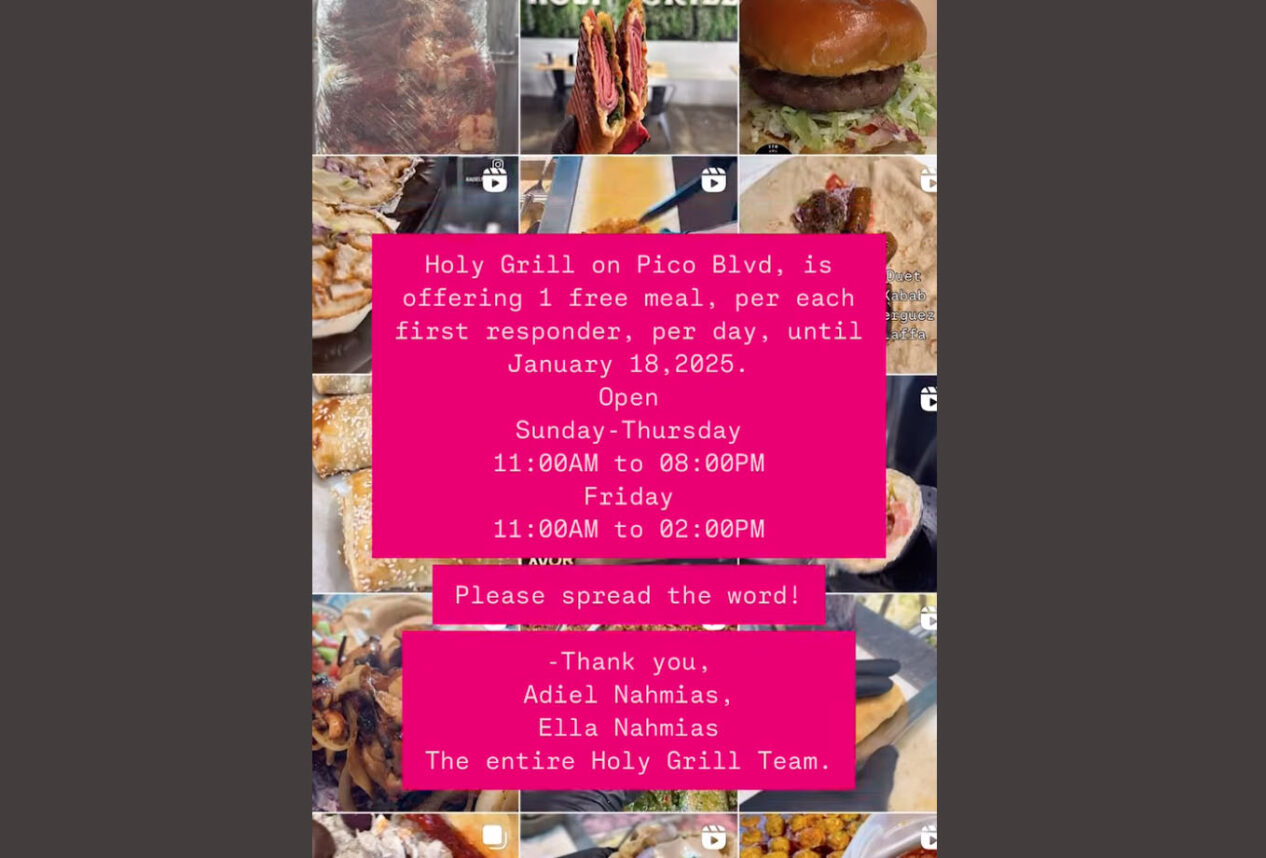


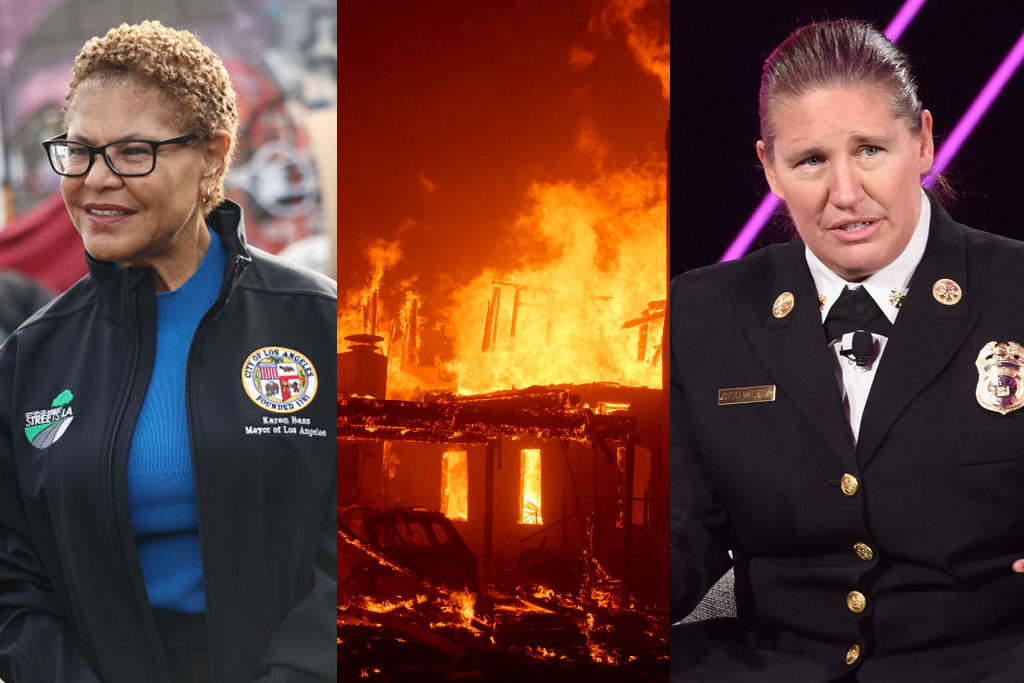

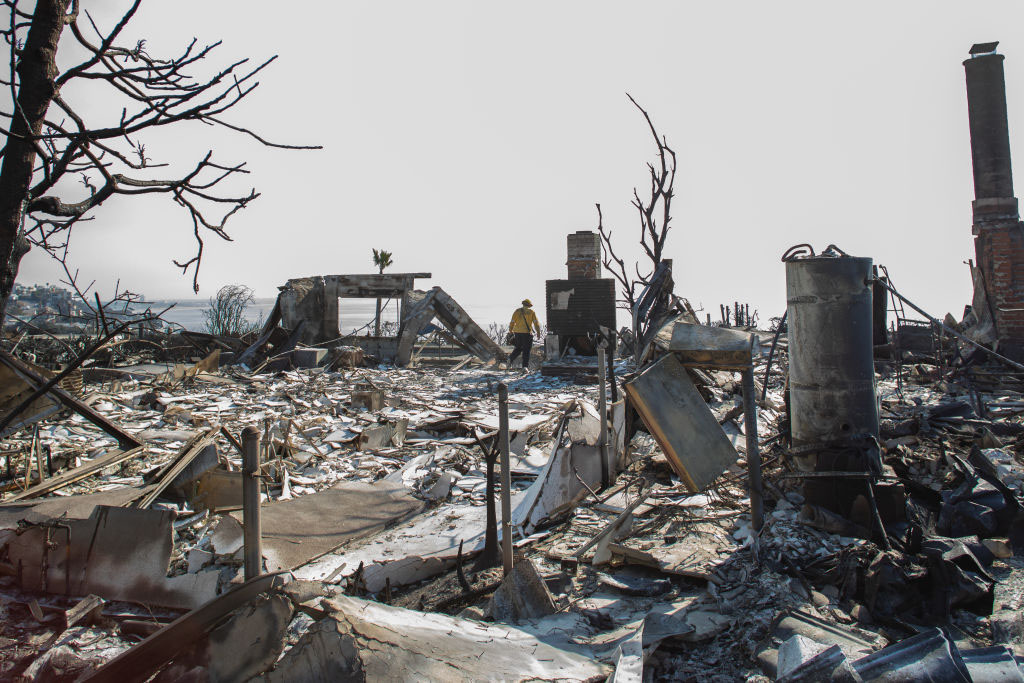
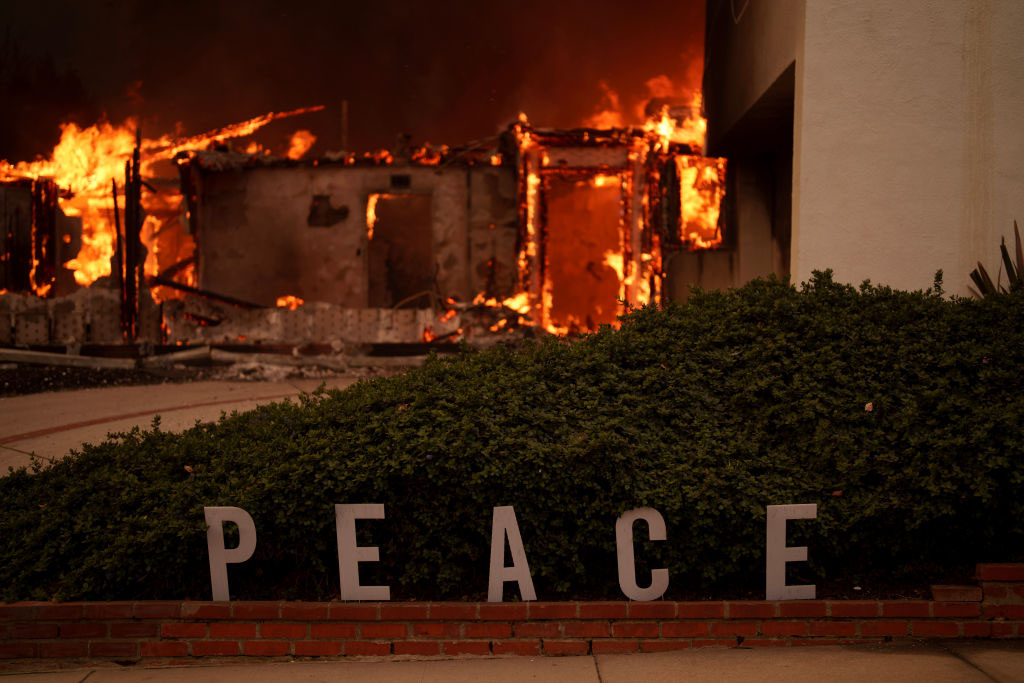
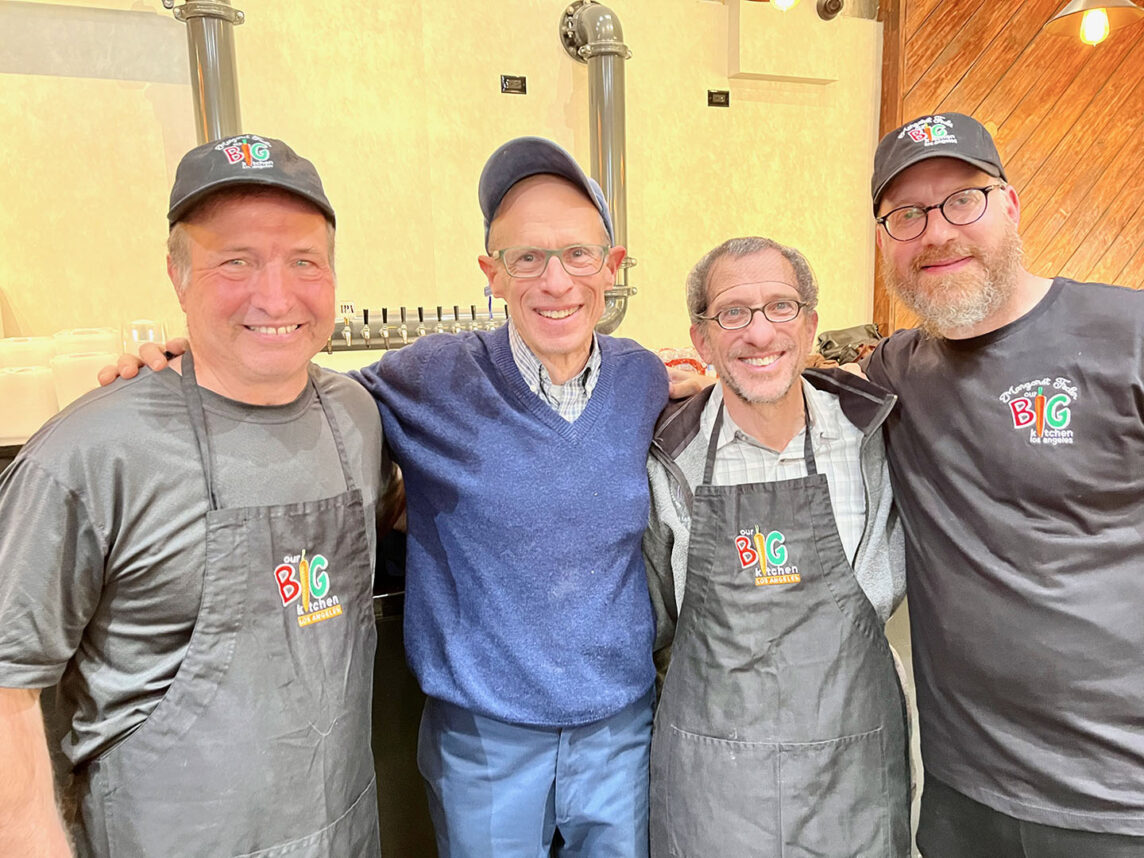





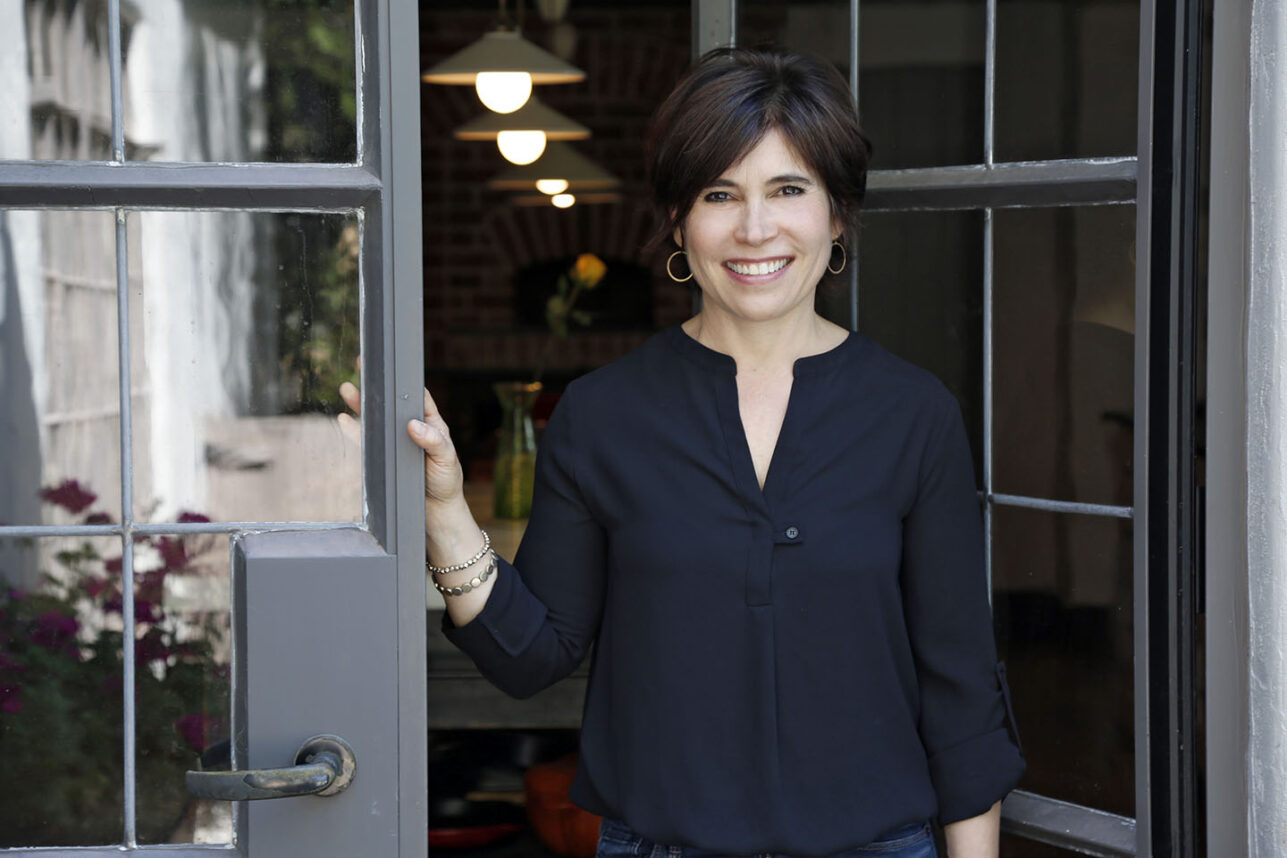


 More news and opinions than at a Shabbat dinner, right in your inbox.
More news and opinions than at a Shabbat dinner, right in your inbox.